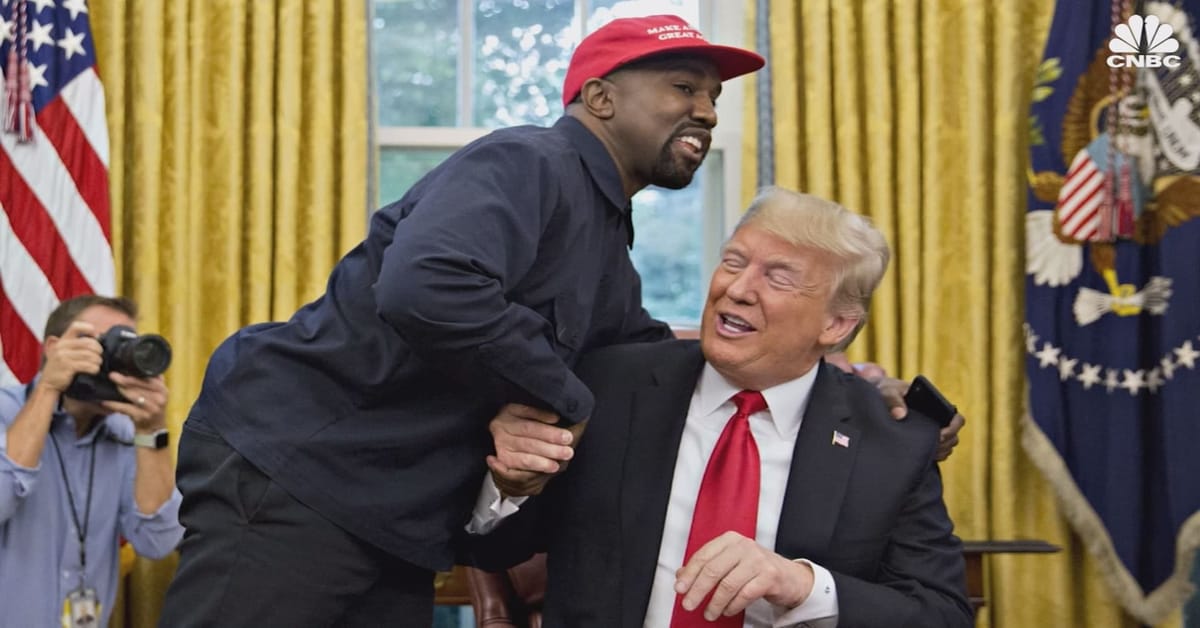Should Celebrities Stay Out of Politics?

Celebrities and politics have always had a tangled relationship. From Ronald Reagan’s silver screen charm to the outspoken activism of Harry Belafonte, stars have leveraged their fame to influence the public discourse. But with their amplified voices and carefully curated images, does celebrity activism truly push for progress, or are they simply peddling well-meaning sound bites wrapped in designer clothing?
The Allure of Star Power:
Let’s face it, celebrities have an advantage. They command attention, their words reach millions, and their endorsements can sway opinions. A heartfelt Instagram post from Leonardo DiCaprio about climate change might spark environmental action, while Beyoncé’s electrifying halftime show performance can become a powerful symbol of female empowerment. This ability to captivate audiences makes celebrities valuable allies for social causes.
But is it manipulation?
Critics argue that celebrity activism often lacks depth and nuance. Soundbites replace informed debate, and carefully crafted campaigns prioritize emotional impact over substantive solutions. Celebrities, they argue, can become pawns in the hands of political agendas, pushing narratives without fully understanding the complexities of the issues they champion.
The Power of Personal Connection:
However, dismissing celebrity activism solely as manipulation diminishes its potential. When genuine passion fuels their actions, celebrities can connect with audiences on an emotional level that traditional political discourse often fails to achieve. Emma Watson’s HeForShe campaign, for example, sparked important conversations about gender equality by tapping into the power of celebrity and storytelling.
The Responsibility of Influence:
Ultimately, the impact of celebrity activism hinges on responsibility. When stars leverage their influence for self-promotion or simply echo popular opinions, they risk undermining the very causes they claim to support. However, when they use their platform to educate, inform, and encourage critical thinking, they can be catalysts for positive change.
Finding the Middle Ground:
So, is celebrity activism positive or manipulative? The answer, as with most things in life, is not a simple binary. It exists on a spectrum, shaped by the intentions, methods, and outcomes of each individual campaign. Instead of dismissing all celebrity activism as hollow PR stunts, we need to engage in critical analysis, examining the motivations behind the activism and its actual impact on social discourse and policy change.
But the onus doesn’t solely lie with the celebrities. As consumers of information, we must approach celebrity activism with a healthy dose of skepticism. Research the issues they champion, evaluate their arguments, and hold them accountable for their actions. Let’s not treat their pronouncements as gospel but rather use them as starting points for our own informed engagement with critical social and political issues.
Remember, the power of celebrity activism lies not in blind acceptance, but in the informed participation of the audience. Only then can we harness the potential of star power for genuine social change, ensuring that the spotlight shines not just on celebrities, but on the issues that truly matter.
I’m indifferent, but I can see how a highly influential person could sway a vote. What are your thoughts?





